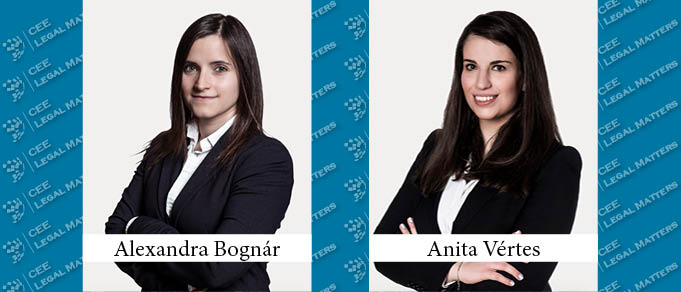Hungary was one of the last EU countries to introduce a register of ultimate beneficial owners. While the provisions of the Fourth and Fifth AML Directives were already implemented in the Hungarian AML Act, the technical conditions on the actual operation of the UBO register were only adopted by Act XLIII of 2021 ("UBO Register Act") and are in force as of 22 May 2021.
What does UBO mean and why is it important?
The UBO or ultimate beneficial owner is the person who ultimately benefits from an entity's financials. Generally, a person who owns at least 25 % of the voting rights or shares, or otherwise has a major influence on the management of the entity, is considered the ultimate beneficial owner.
In practice, complex fraud or money laundering cases may put authorities to the test, because the perpetrators tend to obfuscate their identities through the use of entities or even a network of entities. That being said, knowing the persons standing behind any entity enhances corporate transparency and pushes back against malicious corporate/economic activities.
Therefore, identifying UBOs became a central element for the EU's anti-money laundering policy and each EU country is required to have a central electronic register for UBOs.
The Hungarian UBO Register and uploading data
Although the UBO Register Act established the framework of the UBO Register, the content of the register will be provided in several phases and will be managed by the National Tax and Customs Administration of Hungary (Tax Authority).
First, after extensive negotiations and modifications, ultimately banks managing commercial bank accounts are responsible for submitting the names of their clients' beneficial owners to the Tax Authority with only a 21-day deadline expiring on 12 June 2021. From then onwards, the banks will have to report monthly.
After 1 February 2022, other service providers will also gain access in order to compare their client's beneficial ownership data with the content of the register. From the same date, in compliance with their legal obligations, authorities, prosecutors, and the courts will be able to download and disclose data, while third parties will have access to the content of the UBO Register for a fee only after 1 July 2022.
Classification of clients
Clients will be assessed on a 10-point reliability index (TT index) and each client starts with 10 points. If an authority, public prosecutor, court or other service provider detects a material discrepancy between the data it knows and the data uploaded to the register, it may notify the Tax Authority.
Based on the notification, the Tax Authority will amend the client's TT index. As a result, the client's TT index will be reduced by two points if the notice is submitted by an authority, prosecutor or court. If the notification is submitted by another service provider, the client's TT index will be reduced by one point.
If a client's TT index decreases below 8, it will trigger an "uncertain" label, while a decrease below 6 will eventually result in an "unreliable" label. Clients will be notified of this by the Tax Authority and will have a five-day grace period to amend the data at their banks.
Consequences and sanctions
The UBO Register Act refrained from imposing any fine on "uncertain" or "unreliable" clients. However, it imposed other severe sanctions.
First, clients labelled as "unreliable" will be published on the Tax Authority's website, while clients labelled as "uncertain" will be published after 180 days, unless the client regains their 10-point TT index by duly updating their data.
Second, all service providers under the AML Act (including lawyers, banks, domiciliary service providers) must refuse to participate in transactions exceeding HUF 4.5m with an "unreliable" client due to the high risk tied to it from the AML perspective.
The UBO Register Act allows for remedy against the above sanctions.
***
Based on the current rules, it is apparent that in case of rapid changes of ownership it is easy to slip into the "uncertain" or even "unreliable" labels, even if the entity complies with the law. This is because banks must report on a monthly basis, while courts, including registry courts, will be allowed to report whenever they see a discrepancy.
Although data updates and remedies are possible by law, we will have to wait a long time to see how changes of already registered data will be handled in practice. The TT index categorisation will come into force only on 1 February 2022 and the sanctions will only follow from 1 July 2022. Moreover, the UBO Register will only be linked to the European Central Register on 1 February 2023.
By Alexandra Bognar, Attorney at Law, and Anita Vertes, Associate, Schoenherr




